Use these force and motion vocabulary worksheets to teach your students the subject-specific vocabulary related to forces and motion.
Force and Motion Vocabulary Worksheets for Your Science Lessons!
When delving into a new science topic, it is essential that students become familiar with the subject-specific vocabulary they will be using in the new unit of work. Understanding key terms and their definitions helps students to understand topic-specific content more easily and supports the use of these words in the students’ verbal and written communications.
When it comes to the physical sciences topic of forces, there are many of these subject-specific words to learn! That’s why the experienced team of teachers at Teach Starter has created this force and motion vocabulary worksheet pack to help your students unpack the meaning of key terms such as friction, gravity, magnetism, motion, push, pull, attract, repel, and various others!
This pack of force and motion worksheets includes:
- Vocabulary List – This worksheet contains a comprehensive list of key terms related to force and motion and their definitions.
- Vocabulary Flipbook – Students use these worksheets to create a flipbook for a comprehensive list of force and motion vocabulary words.
- Vocabulary Flashcards – Students use these worksheets to create flashcards for a comprehensive list of force and motion vocabulary words.
- Vocabulary Cloze Passage – Students complete the sentences about force and motion using the vocabulary from the word bank.
This set of forces and motions worksheets downloads as an easy-print PDF or an editable Google Slides digital document, making it a versatile inclusion to any unit of work on forces and motion.
The Benefits of Learning Force and Motion Vocabulary
As mentioned briefly above, teaching students subject-specific vocabulary is an essential part of their science education. Here are three of the major benefits:
- Effective Communication – Scientific vocabulary provides a shared language that enables effective communication within the scientific community. Students who learn this vocabulary can communicate their ideas and findings clearly to peers and teachers.
- Precision and Clarity – Scientific terminology is highly precise. Using the right vocabulary helps students convey complex ideas with accuracy and clarity. This precision is essential in the sciences, where small errors in terminology can lead to significant misunderstandings.
- Scientific Literacy – Scientific literacy is a must-have in today’s ever-changing world. The more students understand when it comes to scientific vocabulary, the more equipped they will be to understand and evaluate scientific research and claims that affect their daily lives.
Download These Force and Motion Vocabulary Worksheets
As mentioned above, these force and motion worksheets download as either an easy-print PDF or an editable Google Slides version. Use the download button to access your preferred file format. (Note: You will be prompted to make a copy of the Google Slides template on your personal drive before accessing it.)
As the pack contains an answer sheet, we suggest printing one copy of the entire pack, then removing the answer sheet before making copies for your students.
This resource was created by Kaylyn Chupp, a teacher in Florida and a Teach Starter collaborator.
Even More Force and Motion Activities
Teach Starter has many more great resources to save you time when teaching your students about forces and motion. Take a peek below at these teacher-created, curriculum-aligned activities!
[resource:4869960] [resource:4868018] [resource:4867814]
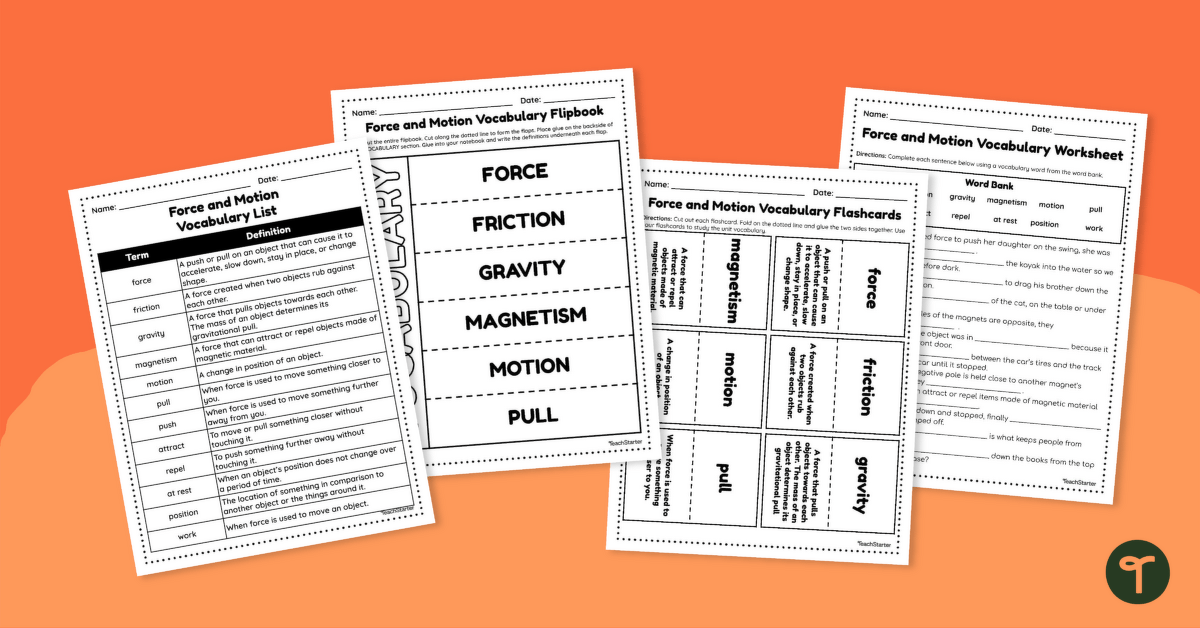

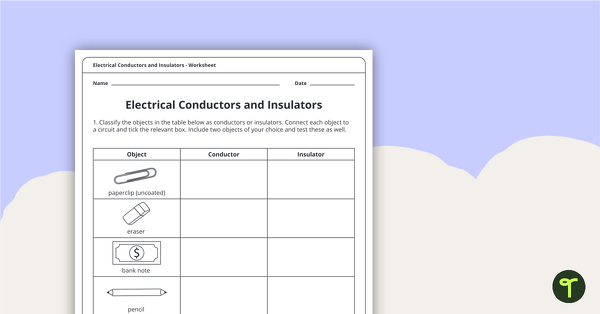
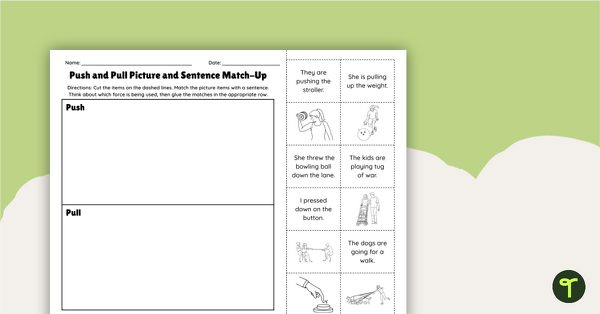
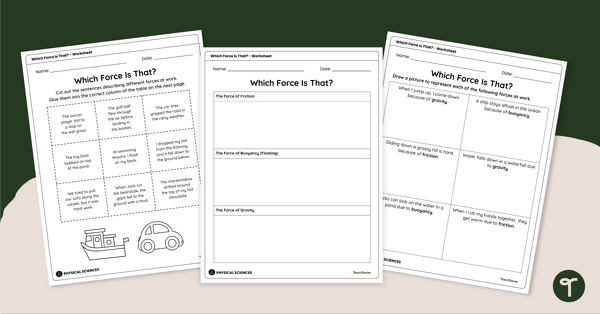

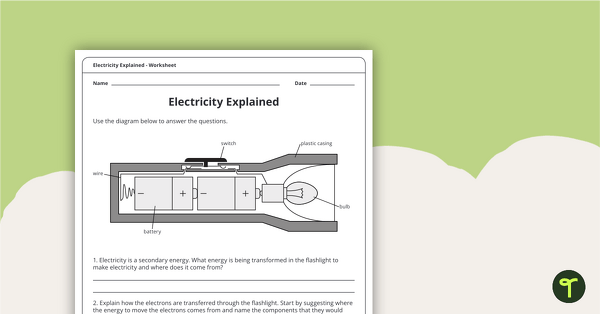
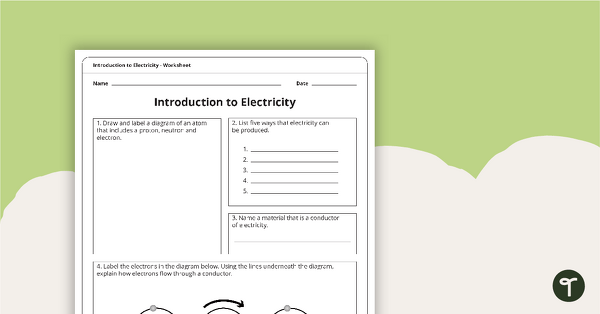
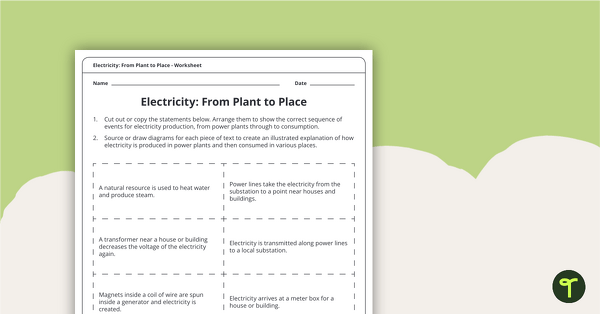

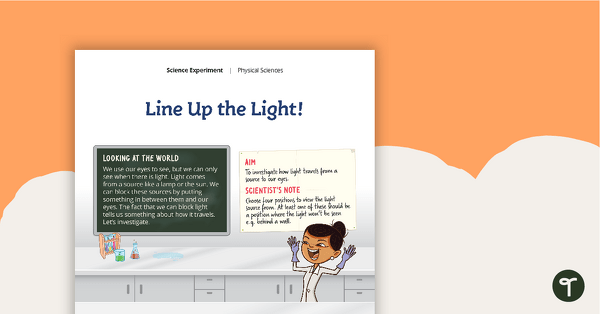
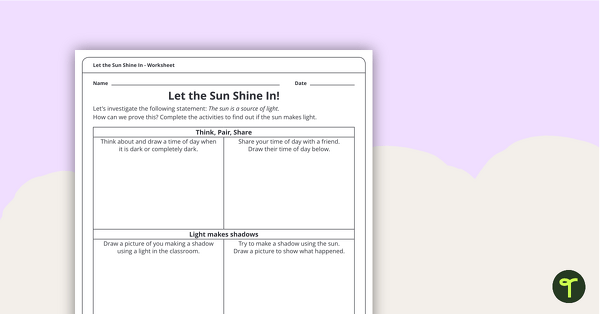
0 Comments
Write a review to help other teachers and parents like yourself. If you'd like to request a change to this resource, or report an error, select the corresponding tab above.